Sustainability
Home > Sustainability
Precision Meets Sustainability
Revolutionizing motion control, Borman linear actuators are designed for sustainable development with eco-friendly materials, energy-efficient drives, and advanced self-lubrication for reduced environmental impact and enhanced lifecycle.

Low-Friction Component Engineering
By utilizing advanced materials and coatings, we reduce the energy required to overcome frictional forces during operation. This not only decreases energy consumption but also minimizes wear and tear, extending the service life of our products. The precisely engineered components are optimized for smooth motion control, which is crucial for high-precision applications.
Renewable Material Lifecycle Program
We have initiated a Renewable Material Lifecycle Program (RMLP) to ensure that every component in our linear controllers is either recyclable or biodegradable. By adopting a cradle-to-cradle approach, we ensure that end-of-life components are repurposed in a manner that sustains the environment.
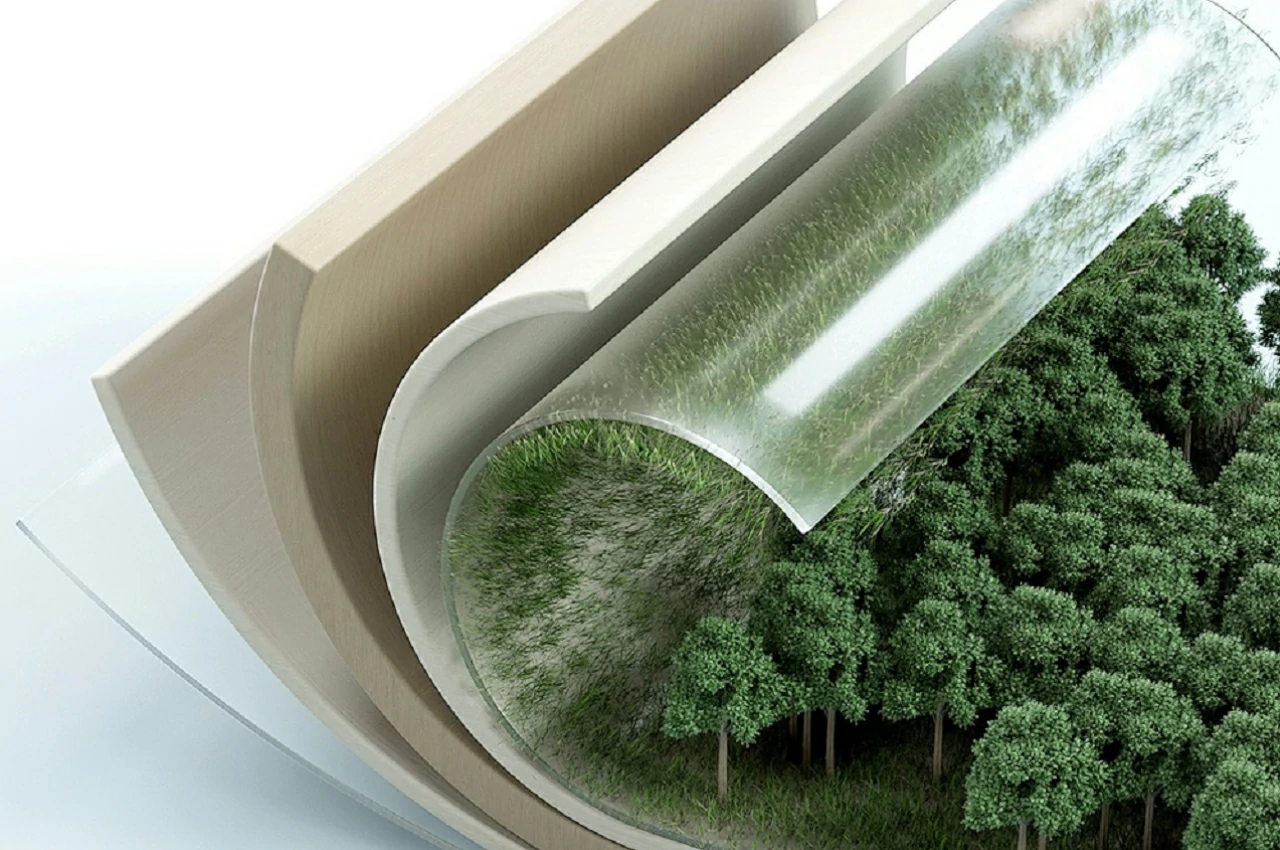

High-Efficiency Drive Systems
Our linear controllers feature High-Efficiency Drive Systems (HEDS) that significantly improve the conversion of electrical energy into mechanical motion. By using state-of-the-art motors and drive mechanisms, we achieve superior efficiency rates that surpass industry standards. HEDS technology not only reduces operational costs for our clients but also contributes to a lower carbon footprint for their automation processes.
Emissions Reduction Manufacturing Initiative
In line with our dedication to sustainability, we have launched an Emissions Reduction Manufacturing Initiative (ERMI) across our production facilities. This initiative includes the adoption of clean energy technologies, waste heat recovery systems, and stringent emissions controls. Our manufacturing processes are regularly audited for environmental impact, and we invest in continuous improvement programs to reduce our carbon footprint.


Self-Lubricating Systems
Our linear controllers are now equipped with advanced self-lubricating systems that minimize the need for maintenance and the use of lubricants. These systems use materials and coatings designed to release lubricant only in the presence of movement, significantly reducing environmental contamination and the frequency of lubricant disposal. This innovation not only improves environmental sustainability but also enhances the reliability and longevity of our products.
Adaptive Power Scaling Technology
We have developed Adaptive Power Scaling Technology (APST) for our linear controllers, allowing them to automatically adjust power consumption based on the load and motion profile. This technology ensures that the controllers operate on the lowest possible power setting while maintaining optimal performance, reducing energy usage, and operational costs for our clients. APST is a testament to our dedication to energy efficiency and sustainable innovation.
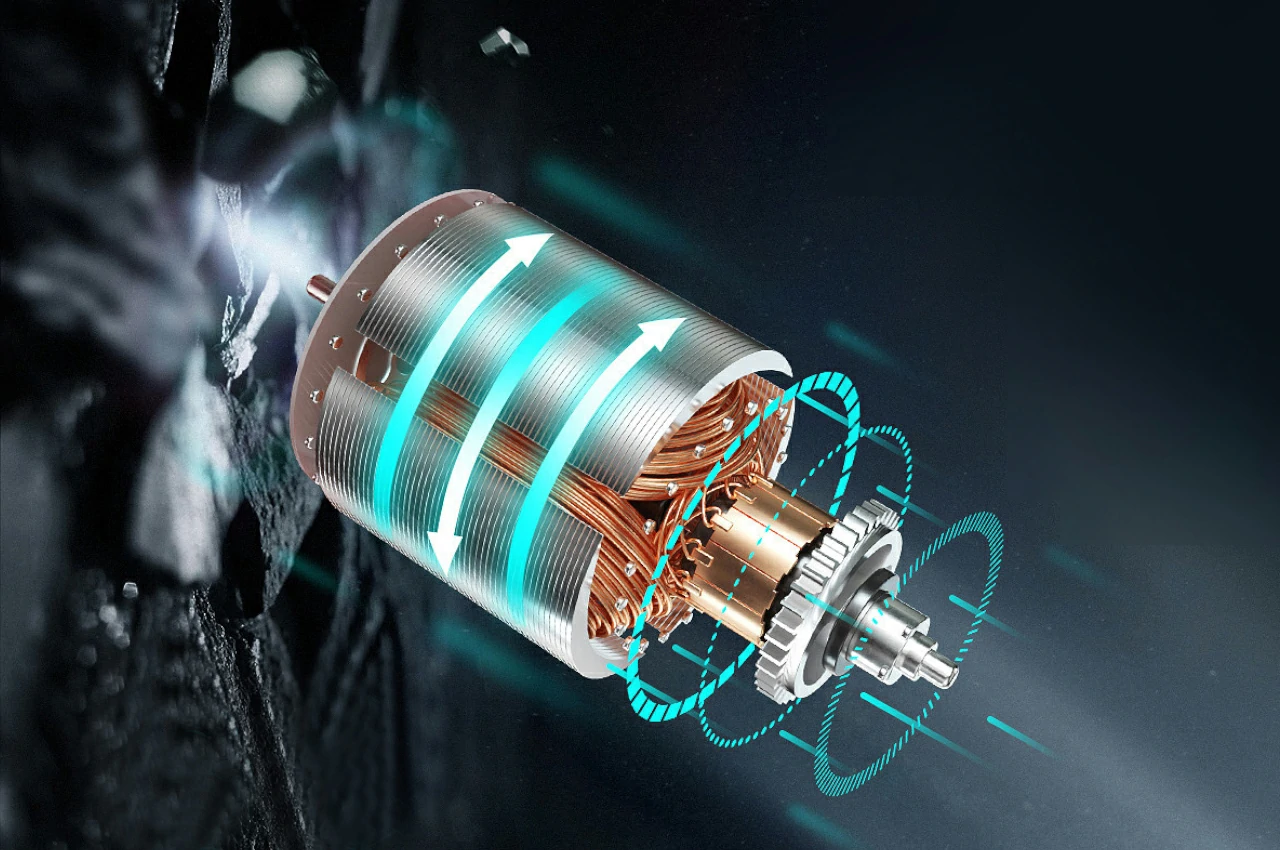
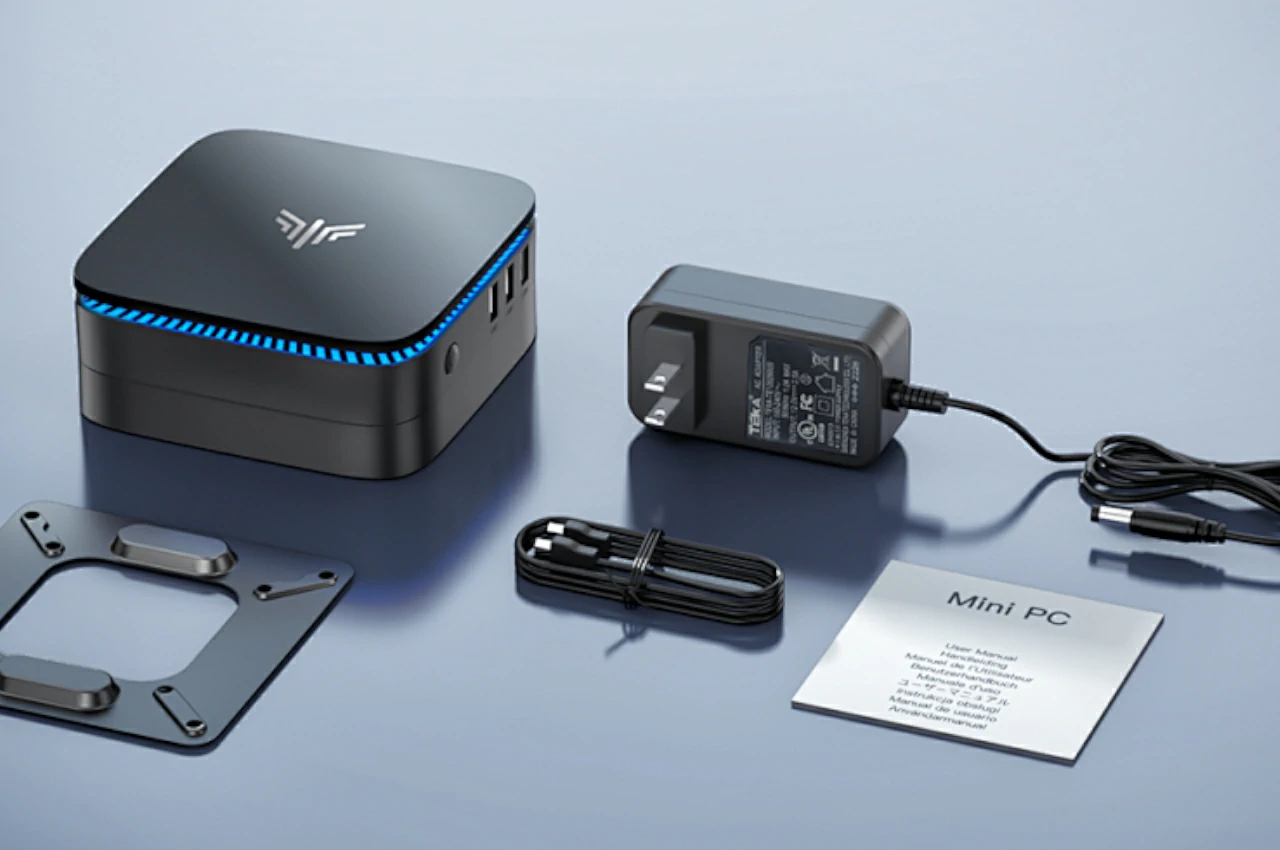
Component Miniaturization and Material Efficiency
Through component miniaturization, our linear controllers are designed to use fewer materials without compromising on performance. By reducing the physical size of components and utilizing advanced manufacturing techniques, we decrease material waste during production and ensure that our products are lighter and require less energy to operate. This approach contributes to a smaller ecological footprint and aligns with our sustainability goals.
Solar-Powered Controller Units
Recognizing the growing demand for renewable energy solutions, we have introduced solar-powered controller units. These units can be integrated into existing systems to harness solar energy for power, significantly reducing reliance on non-renewable energy sources.
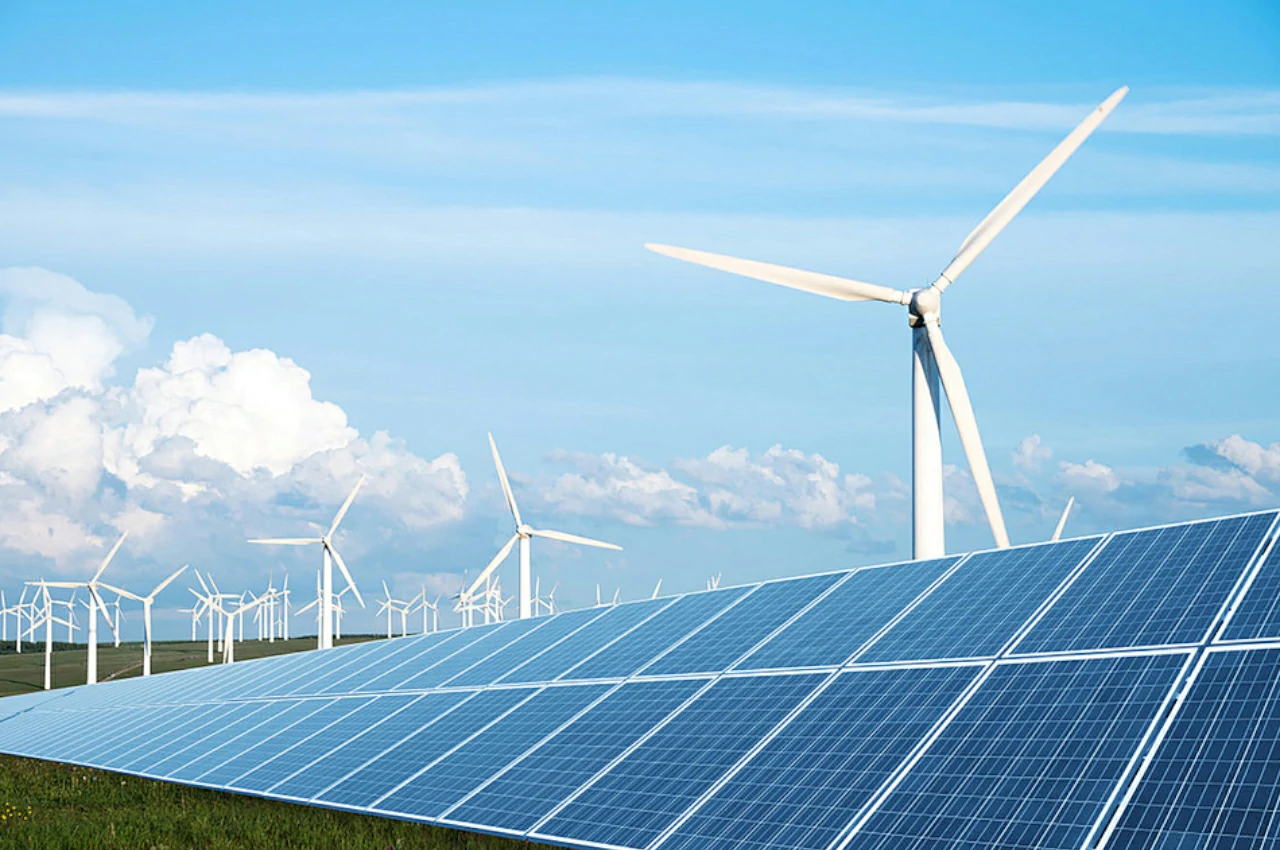
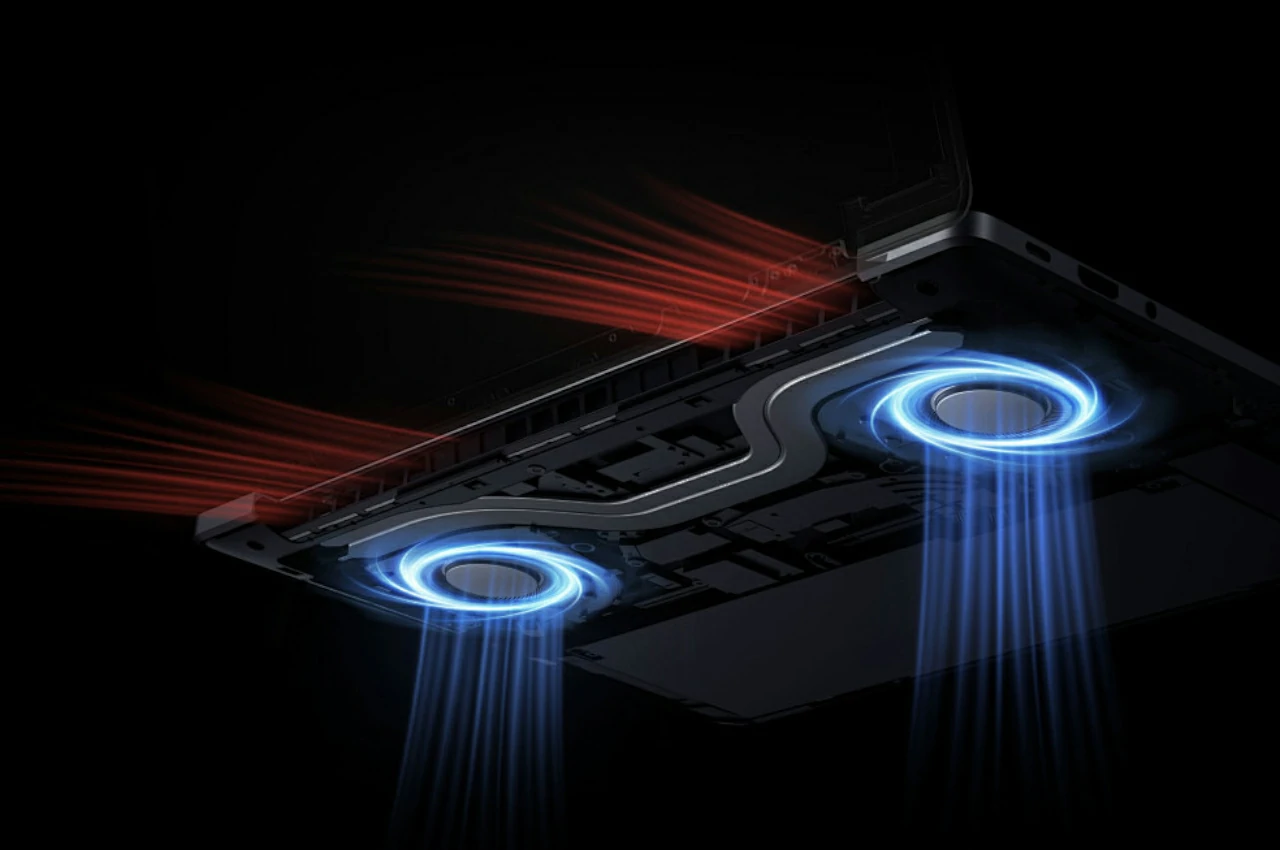
Advanced Heat Dissipation Design
Our latest linear controllers feature an Advanced Heat Dissipation Design (AHDD) that reduces the thermal energy lost during operation. By improving heat dissipation, the controllers operate at lower temperatures, which enhances efficiency and prevents heat-related wear. This design not only contributes to energy conservation but also ensures that the controllers work optimally within a broader range of environmental conditions.
Let's Build Your Dreams!
Sed ut perspiciatis unde omnis iste natus error sit voluptatem accusantium doloremque laudantium, totam rem aperiam, eaque ipsa quae ab illo inventore veritatis et quasi architecto.
